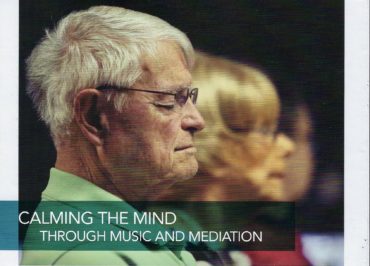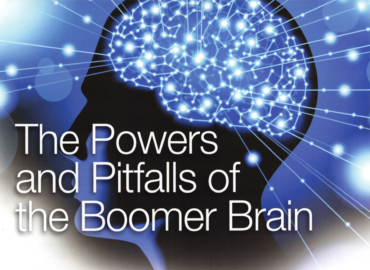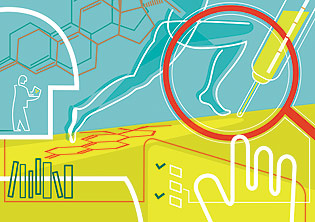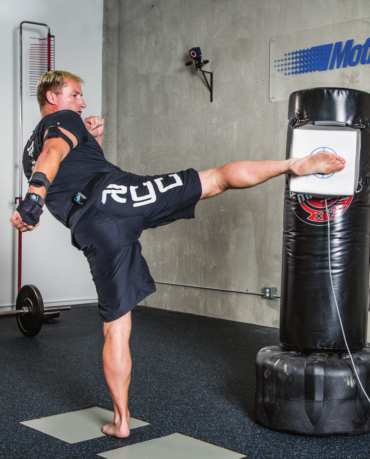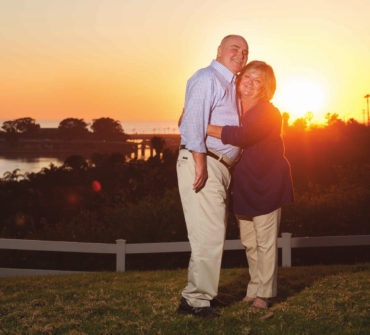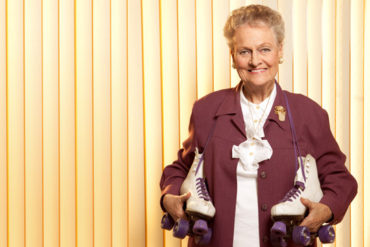Calming the Mind Through Music and Meditation
Seven Los Angeles Jewish Home residents sit silently in the library with their eyes closed.
Inhale deeply. Now exhale and release. Release any tension.
The residents have come to participate in a Meditation and Music session led by Anna Kocis, the assistant activities coordinator at the Jewish Home’s Eisenberg Village. Her soothing voice guides them as the sound of rainfall plays softly in the background.

